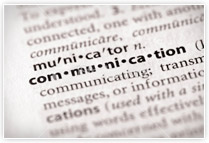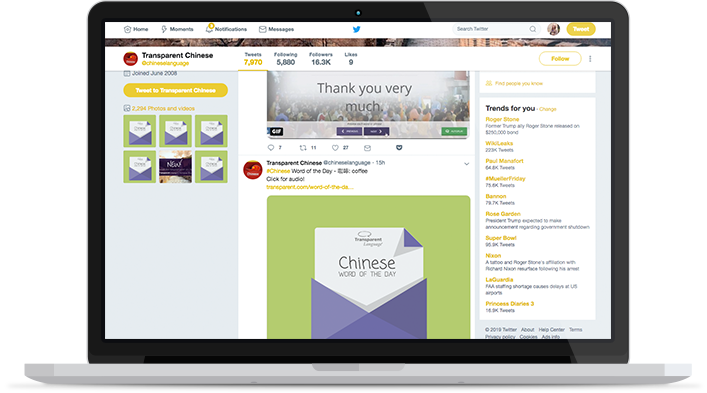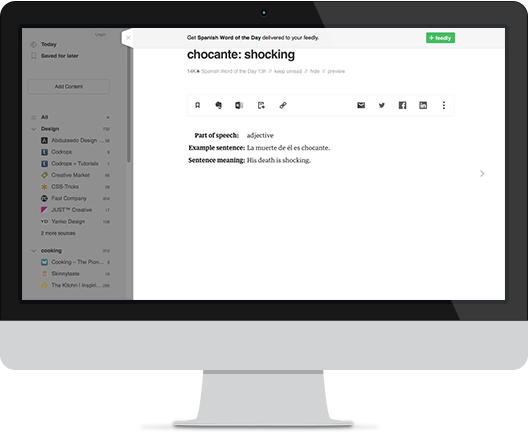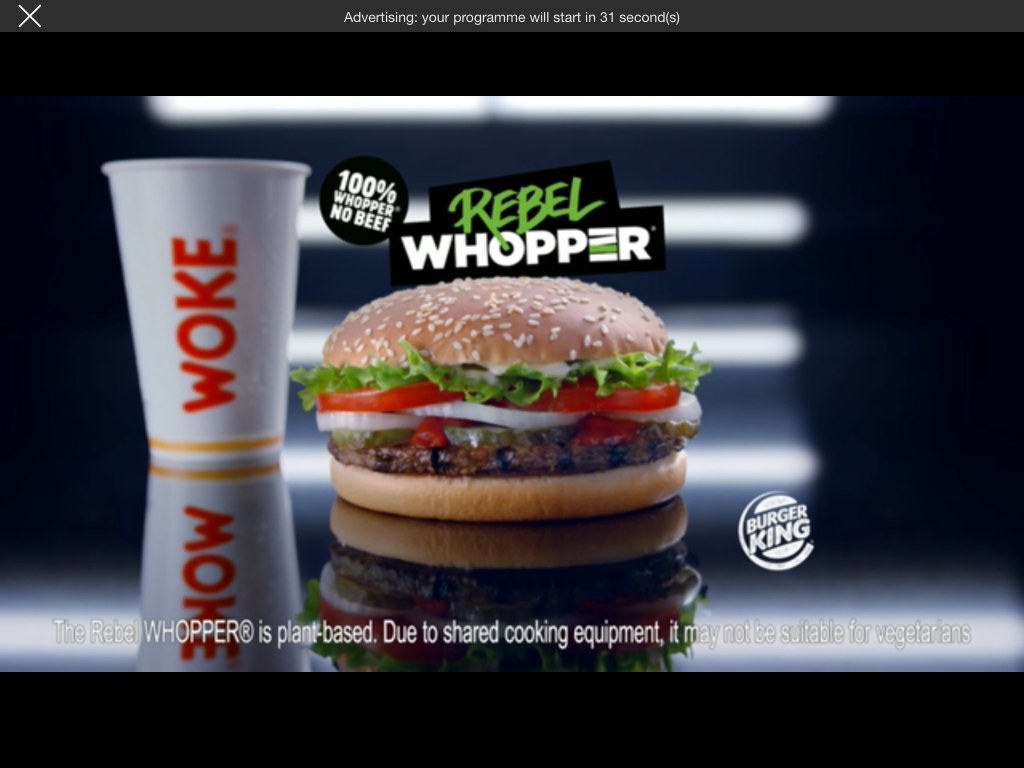
OVERHEADS
|
13 Apr 2023 |
Noun
- regular costs that a business must pay, such as electricity, salaries, etc.
Your browser does not support the audio element.
Example Sentence: Internet companies have much lower overheads.
OUTLOOK
|
12 Apr 2023 |
Noun
- how the future looks based on current predictions.
Your browser does not support the audio element.
Example Sentence: The outlook for small firms has worsened in recent months.
ON SCHEDULE
|
11 Apr 2023 |
Noun
- on time, according to a plan .
Your browser does not support the audio element.
Example Sentence: He says that the building project is still on schedule.
OBSTACLE
|
10 Apr 2023 |
Noun
- something which makes it difficult to do something or get somewhere.
Your browser does not support the audio element.
Example Sentence: Companies say that corruption is still the biggest obstacle in the region.
MOGUL
|
09 Apr 2023 |
Noun
- a very wealthy or powerful person in business.
Your browser does not support the audio element.
Example Sentence: He is described as the world’s most powerful media mogul.
MINUTES
|
08 Apr 2023 |
Noun
- the official notes taken in a meeting.
Your browser does not support the audio element.
Example Sentence: The secretary took the minutes during the meeting.
LEVERAGE
|
07 Apr 2023 |
Noun
- the power to influence somebody’s actions.
Your browser does not support the audio element.
Example Sentence: Big companies have a lot of leverage over their business partners.
LETTER OF CREDIT
|
06 Apr 2023 |
Noun
- a letter from a bank that guarantees a payment to a specified person.
Your browser does not support the audio element.
Example Sentence: The seller requires a letter of credit to secure payment.
INTELLECTUAL PROPERTY
|
05 Apr 2023 |
Noun
- something that somebody creates which has value, esp. music, art, text, etc.
Your browser does not support the audio element.
Example Sentence: The designer claims that her intellectual property rights were infringed.
HEADHUNT
|
04 Apr 2023 |
Noun
- to search for the perfect person for a job and offer them a lot of money to do it.
Your browser does not support the audio element.
Example Sentence: He was headhunted for the position.
HAND IN YOUR NOTICE
|
03 Apr 2023 |
Phrase
- to officially tell your company that you are leaving the job.
Your browser does not support the audio element.
Example Sentence: He handed in his notice when he heard that he had got the new job.
GET INTO DEBT
|
02 Apr 2023 |
Phrase
- to get into a situation in which you owe people money.
Your browser does not support the audio element.
Example Sentence: It’s easy to get into debt if you have a credit card.
GET DOWN TO BUSINESS
|
01 Apr 2023 |
Phrase
- start doing the thing that you intend to do.
Your browser does not support the audio element.
Example Sentence: Let’s get down to business! What is the first item on the agenda?
EQUITY
|
31 Mar 2023 |
Noun
- the value of a company’s shares.
Your browser does not support the audio element.
Example Sentence: This quarter produced a return on equity of 8.85%.
DIVISION
|
30 Mar 2023 |
Noun
- a part of an organisation.
Your browser does not support the audio element.
Example Sentence: She heads the company’s worldwide sales division.
How can I learn new words daily?
- RSS
Get it in your inbox.
Fill out your email address to get Word of the Day in your email every day. Each language you sign up for will appear in your daily email.

Subscribe to Word of the Day
Join our Facebook community.
Get Word of the Day in your Facebook feed, along with blog updates, language-related news, and more. Our communities invite both experts and learners to join in discussion.
Choose your language:
Afrikaans,
Arabic,
Chinese,
Danish,
Dari,
Dutch,
English,
Esperanto,
French,
German,
Greek,
Haitian Creole,
Hebrew,
Hindi,
Icelandic,
Inglês,
Irish,
Italian,
Japanese,
Korean,
Latin,
Norwegian,
Pashto,
Polish,
Brazilian Portuguese,
Russian,
Spanish,
Swedish,
Thai,
Turkish,
Urdu,
Zulu


Follow a language on Twitter.
Receive daily tweets of the Word of the Day. Follow any language of your choice and it will arrive in your Twitter stream.
Choose your language:
Afrikaans,
Arabic,
Chinese,
Danish,
Dari,
Dutch,
English,
Esperanto,
Farsi,
French,
German,
Greek,
Hebrew,
Hindi,
Icelandic,
Inglês,
Irish,
Italian,
Japanese,
Korean,
Latin,
Norwegian,
Pashto,
Polish,
Brazilian Portuguese,
Russian,
Spanish,
Swedish,
Thai,
Urdu,
Zulu
Subscribe to RSS.
Choose from any of the languages in the dropdown above and click the RSS link. (What’s RSS?)
Choose your language:
Arabic,
Chinese,
Dari,
Dutch,
English for Portuguese Speakers,
English for Spanish Speakers,
Esperanto,
French,
German,
Hebrew,
Hindi,
Indonesian,
Irish,
Italian,
Japanese,
Korean,
Latin,
Norwegian,
Pashto,
Polish,
Portuguese,
Russian,
Spanish,
Swedish,
Turkish,
Urdu

Burger King have recently launched their first plant-based burger – the Rebel Whopper – a move that you might imagine would please many vegetarians and vegans. However, the new offering has caused controversy for two reasons. Firstly, there’s the fact that it’s actually cooked on the same grill as meat burgers, and then there’s the incredibly patronizing advertising campaign.
In the TV advert for the burger, which you can see here, a voice asks why the company have bothered to make something that tastes so similar to their meat burgers. A hand then turns round a paper cup that’s appeared in the background . . . . to reveal the word WOKE printed on it. I can’t think of any other company in recent times who seem to so clearly be poking fun at potential customers. It’s unprecedented!
The thing is, you see, ‘woke’ has become a word that’s used as a weapon in the culture wars we’re seeing erupt all over the world. Like many things, it emerged from black American culture, and over time developed a particular connection with the Black Liberation movement and with awareness of racism, sexism, classism and so on. The basic idea was that once you woke up to the reality of oppression – once you became properly aware of it – you then had to stay woke – you had to carry on being aware of it, so you could work out ways to resist it and fight back.
Once the late 60s / early 70s had passed, the word fell out of favour for quite some time, only really resurfacing a decade or so ago. In 2012, users on Twitter began using “woke” and “stay woke” in connection with social and racial justice issues and #StayWoke emerged as a widely-used hashtag. From social media and activist circles, the word spread to widespread mainstream usage. For example, in 2016, the headline of a Bloomberg Businessweek article asked “Is Wikipedia Woke?”, in reference to the largely white contributor base of the online encyclopedia.
However, since the election of Donald Trump in November 2016, there’s been a major backlash against left-wing politics and the straight, white, middle-class male has started using a whole wide range of words in a bid to protect his privilege and position. People who pointed out (and maybe sometimes got annoyed or offended by) how offensive certain racist or sexist ideas were suddely started getting labelled snowflakes, those who disagreed with right-wing nationalism were now called traitors and ‘woke’ was used to mock people who feel strongly about, say, the fact that black Britons are nine times more likely to be stopped and searched for drugs than white people, despite using illegal substances at a lower rate.
Over the last couple of years, we’ve seen endless headlines in right-wing newspapers using the word in a negative way. The Daily Mail in particular is engaged in an ongoing campaign to label anything political that it disgarees with as ‘woke’. There was the damning article about Starbucks ‘launching a ‘woke’ campaign to raise £100,000 for a controversial transgender charity’, which was followed by endless negative comments about Harry and Meghan, “the oppressive King and Queen of Woke” and a minor actor who had a recent fifteen minutes of fame after calling someone who pointed out he was a privileged white male ‘racist’ getting to write about why he ‘won’t date woke women’.
Let’s face it, the honest answer is that they wouldn’t be interested in him even if he wanted to date them . . . but I suspect he neglected to mention that.
In other words, like “politically correct” before it, the word “woke” has come to suggest the opposite of what it once meant, and today you’re more likely to see it being used as a stick with which to beat people who support social justice . . . often wielded by those who don’t recognise how un-woke they are, or are even proud of the fact.
Given all of this, you do have to wonder who on earth within Burger King decided the current advert was a good idea!
It’s a funny old world, eh.
Want to learn more with Lexical Lab? Take a summer course with us.
Work in pairs. Discuss these questions.
- Have you seen similar kinds of culture wars erupt in your country over recent years?
- Which words do you see used most (by either side) to insult or mock opponents?
- Can you think of any adverts or products that have caused controversy recently?
- Can you think of any words / trends that fell out of favour for quite some time and then suddenly resurfaced?
- Were you aware of the campaign by the right-wing press in Britain to attack Harry and Meghan for being ‘woke’?



